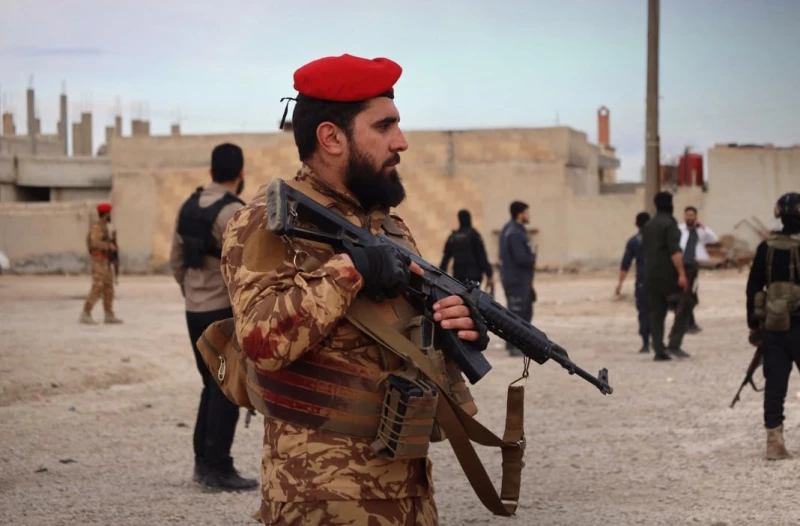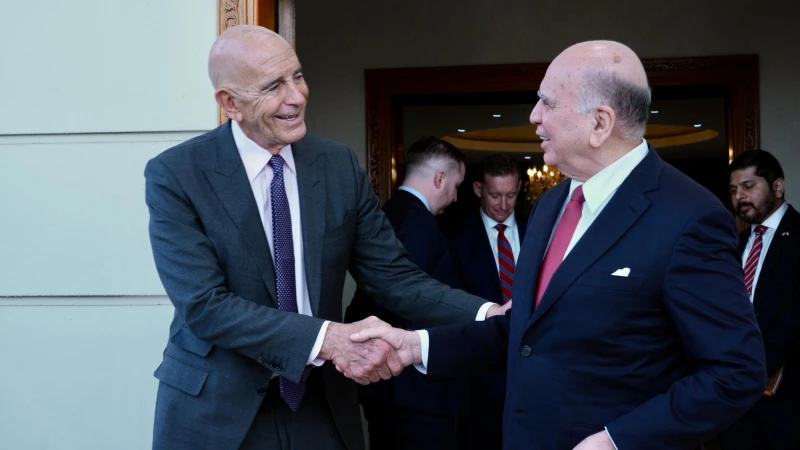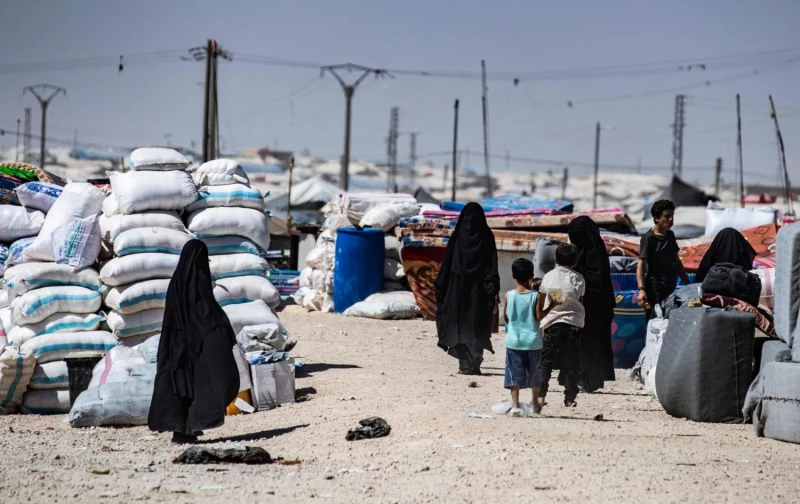ERBIL, Kurdistan Region of Iraq - Medical staff struggle to keep pace as hundreds of thousands of displaced people face rising health risks in the aftermath of July clashes in southern Syria’s Druze-majority Suwayda province, the World Health Organization (WHO) said on Tuesday.
The Druze-majority Suwayda province saw clashes between the Druze and Damascus-backed Bedouin tribes this summer that resulted in 1,600 deaths, according to the Syrian Observatory for Human Rights (SOHR).
The WHO said the clashes forced nearly 187,000 people to flee their homes and left around 820,000 exposed to heightened health risks.
“Conditions in displacement sites are worrying,” the WHO quoted Louay al-Hariri, a nurse with a mobile medical team who previously served in Dara’a, as saying in a press release.
“We see children with pneumonia, diarrhea, and skin infections, and pregnant women who haven’t seen a doctor in months. Our mobile team tries to reach them, provide medicines, and raise awareness about hygiene and mental health. People need to know they’re not forgotten,” Hariri said.
Health workers have reported rising cases of respiratory infections, diarrhea, lice, and stress-related illnesses made worse by a lack of staff and medicine, according to WHO.
The organization has provided 14.4 tons of medicine and equipment since July, despite security restrictions.
“The main challenge is ensuring safe access and timely delivery despite security restrictions. For us, this work is about more than logistics. It’s about hope. Every box we deliver means a family gets the medicine they need,” Ghazwan Abou Alshamat, a WHO logistics assistant, said.
WHO has delivered trauma and emergency kits, chronic disease medication, and oxygen cylinders for hospitals across Suwayda. It has also provided oxygen refills to keep intensive care units operational, supported vaccination and surveillance teams covering high-risk sites, and pre-positioned cholera kits and water disinfecting tablets to avoid outbreaks.
Mobile medical teams continuously visit displaced sites to offer consultations, maternal health services, and psychosocial support.
“The most important thing is to stay close to people,” Louay said. “They need to see us coming back. That gives them confidence and a sense of safety.”
Abu Laith, a father of five whose wife is pregnant, recalled when the clashes broke out in Suwayda, telling the WHO, “We heard shelling near the school and saw people fleeing. We packed the children, a few blankets, and drove off without knowing where we would sleep.”
His family now stays in a crowded shelter in a village in Dara’a province.
“My wife is six months pregnant and needs regular check-ups, but there’s no doctor in the center,” he said. “The children keep coughing, and my youngest needs milk we can’t find. Every day, we wait and hope someone will visit with medicines.”
Syria has fallen into sectarian conflict on several occasions since Hay’at Tahrir al-Sham (HTS) rebels overthrew the Bashar al-Assad regime in December, leading Ahmed al-Sharaa to seize the presidency, with the new authorities in Damascus having been repeatedly criticized for failing to protect minorities.
US Secretary of State Marco Rubio demanded an end to "the rape and slaughter of innocent people" in Syria in a post on X in July.
"[The Syrian government] must hold accountable and bring to justice anyone guilty of atrocities, including those in their own ranks," the top US diplomat added.



 Facebook
Facebook
 LinkedIn
LinkedIn
 Telegram
Telegram
 X
X


